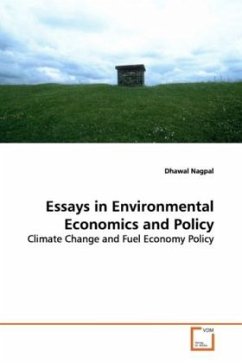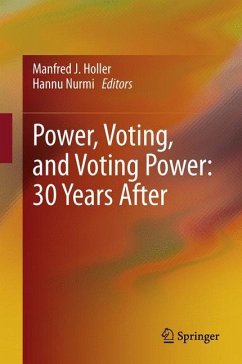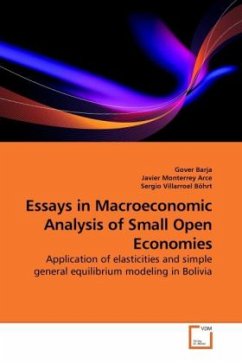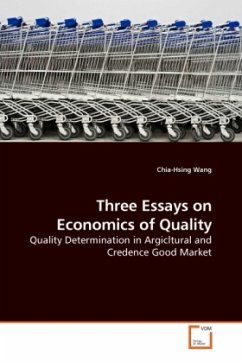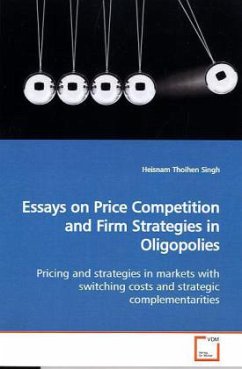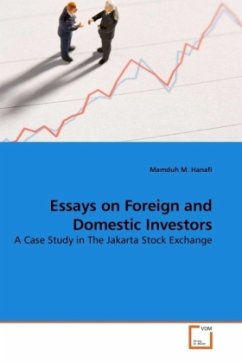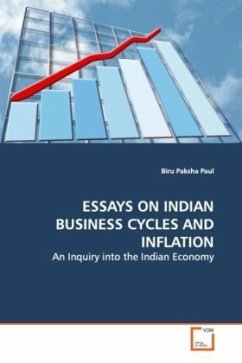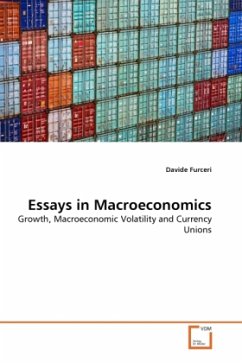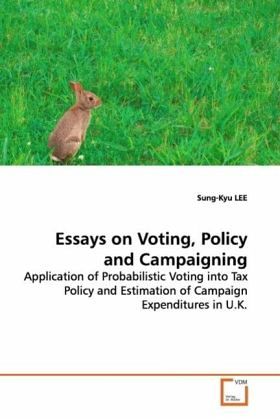
Essays on Voting, Policy and Campaigning
Application of Probabilistic Voting into Tax Policy and Estimation of Campaign Expenditures in U.K.
Versandkostenfrei!
Versandfertig in 6-10 Tagen
52,99 €
inkl. MwSt.

PAYBACK Punkte
26 °P sammeln!
This book deals with 'the voting, policy and campaigning , comprising two related parts. The first part attempts to examine the theoretical relationship between probabilistic voting and policy, and the second focuses on the empirical relationship between voting and campaigning.Tax policy in democratic societies can best be understood as the equilibrium outcome of a political process that trades off economic and political forces within a given set of institutions. The essential facts of observed tax systems can be seen as the outcome of optimising economic and political behaviours. Among availa...
This book deals with 'the voting, policy and
campaigning , comprising two related parts. The
first part attempts to examine the theoretical
relationship between probabilistic voting and
policy, and the second focuses on the empirical
relationship between voting and campaigning.
Tax policy in democratic societies can best be
understood as the equilibrium outcome of a political
process that trades off economic and political
forces within a given set of institutions. The
essential facts of observed tax systems can be seen
as the outcome of optimising economic and political
behaviours. Among available models, the
probabilistic voting model appears well suited to
deal with tax structure in a democratic setting. The
probabilistic voting is a theory of electoral
competition in which political parties or
politicians offer policy platforms to the voters,
and vote-maximising candidates are uncertain about
the mapping from policy to aggregate voting
behaviour. Application of the probabilistic voting
model to tax policy has been a topic of interest in
taxation theory.
campaigning , comprising two related parts. The
first part attempts to examine the theoretical
relationship between probabilistic voting and
policy, and the second focuses on the empirical
relationship between voting and campaigning.
Tax policy in democratic societies can best be
understood as the equilibrium outcome of a political
process that trades off economic and political
forces within a given set of institutions. The
essential facts of observed tax systems can be seen
as the outcome of optimising economic and political
behaviours. Among available models, the
probabilistic voting model appears well suited to
deal with tax structure in a democratic setting. The
probabilistic voting is a theory of electoral
competition in which political parties or
politicians offer policy platforms to the voters,
and vote-maximising candidates are uncertain about
the mapping from policy to aggregate voting
behaviour. Application of the probabilistic voting
model to tax policy has been a topic of interest in
taxation theory.



